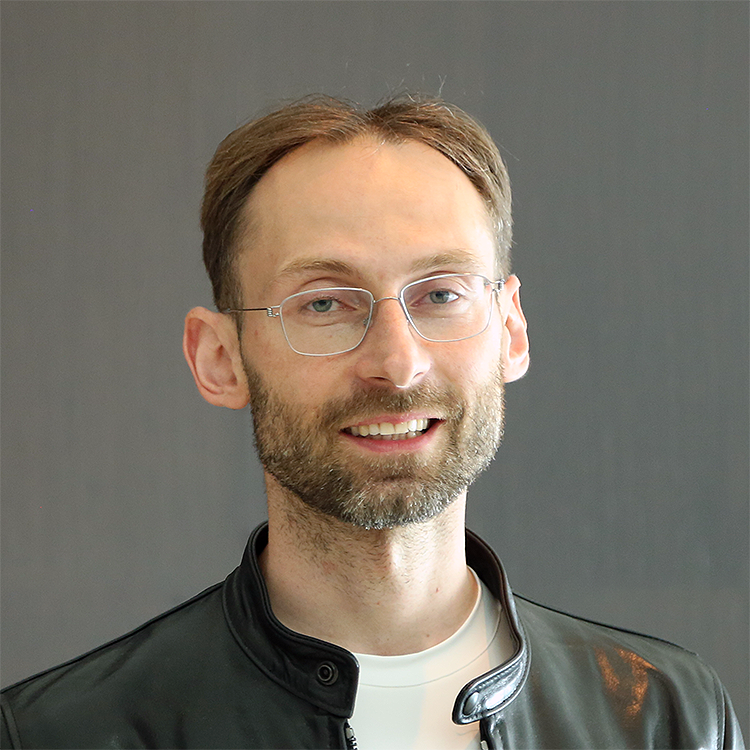Professor Michael Bronstein awarded prestigious UKRI Turing AI World Leading Fellowship
Michael Bronstein, Professorial Fellow at Exeter College and DeepMind Professor of Artificial Intelligence, has been granted a UKRI Turing AI World Leading Fellowship. He is one of two Oxford professors awarded the prestigious prize, the other being Professor Alison Noble of the Institute of Biomedical Engineering and St Hilda’s College. The two Fellowships represent a combined £8 million investment into the advancement of the field of artificial intelligence announced by UK Research and Innovation last week.
Professor Bronstein is an expert in theoretical and computational geometric methods for machine learning and data science, with wide ranging interests in applications including computer vision and pattern recognition, biochemistry, drug design, and animal communication. He joined Exeter College in January 2022 from Imperial College London, and has previously held visiting appointments at MIT, Stanford and Harvard. His appointment further cemented the University’s status as a world-leader in research into AI and related areas and underscored Exeter College’s increasing strength in this important and rapidly developing field. Using the Fellowship, he will develop a novel mathematical framework for geometric and graph machine learning, which could have positive applications for healthcare and nutrition.
Professor Bronstein said: ‘I am greatly honoured to be chosen as one of the Turing AI World-Leading fellows. This grant will allow us to develop new machine learning tools inspired by physical principles. Together with academic and industrial partners, we will apply these methods to some of the most challenging problems in the domains of drug and food design. In the longer perspective, I hope that our work will help develop new therapeutic protein molecules for diseases that are difficult to target with existing drugs, and assist in mapping the “dark matter” of food-based bioactive ingredients.’

